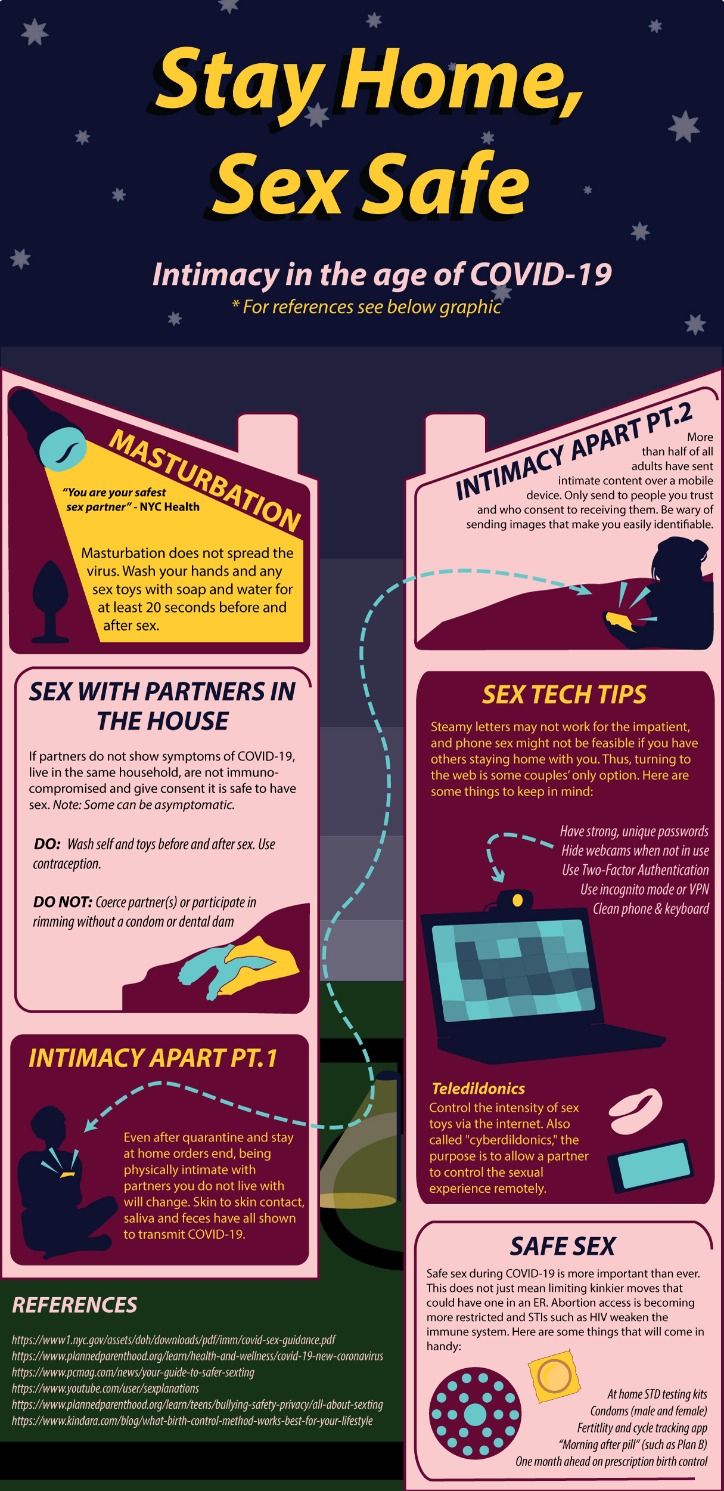Defending Your Future in Arizona: How Elite Sex Crime Lawyers Win High-Stakes Cases
Why Specialized Sex Crime Defense Matters in Arizona
Sex crime allegations trigger some of the most serious consequences in Arizona law, from lengthy prison exposure to lifetime registration and collateral fallout that can derail careers and families. In this high-stakes environment, hiring counsel with deep, focused experience is not optional—it is the difference between a narrowly tailored defense and a rushed, one-size-fits-all approach. Arizona Sex Crime Lawyers understand how local statutes, evidentiary rules, and investigative practices shape outcomes in ways that non-specialists may miss. For example, Arizona’s unique evidentiary landscape can allow other-acts evidence in certain sexual offense prosecutions, raising the stakes of pretrial motions that seek to limit prejudicial material before a jury ever hears it. Counsel who litigate these issues daily know how to frame challenges that preserve credibility while protecting the record for appeal.
Equally pivotal is mastery over forensic and digital evidence. Sexual assault nurse examinations (SANE kits), DNA results with probabilistic genotyping, and device extractions from phones and cloud accounts require a defense team that can parse lab notes, chain-of-custody gaps, and metadata anomalies. A seasoned attorney will work with independent experts to evaluate collection methods, test sensitivity/specificity, and the risk of contamination. When the defense can contextualize a lab result—or show why its probative value is overstated—the negotiation table looks different and trial strategy becomes more focused.
Another area where specialization pays dividends is witness dynamics. Many cases turn on credibility and memory. A veteran cross-examiner knows how to respectfully explore inconsistencies, address delayed reporting without re-traumatizing witnesses, and place statements against the backdrop of forensic interview protocols. The goal is not to impugn a person’s character, but to test reliability and fit the facts to the required elements beyond a reasonable doubt. In cases involving minors, the defense must approach interviews and school or medical records with precision and sensitivity while ensuring constitutional rights are honored.
Finally, early intervention can change the trajectory. Before charges are filed, targeted advocacy can correct misunderstandings, present exculpatory digital context (messages, location data, timelines), and preempt overbroad protective orders that separate families. Specialized counsel engage investigators, mitigate officers’ concerns, and leverage prefile conferences to avoid overcharging or to steer outcomes toward diversionary or lesser, non-registration dispositions where legally available. This is a nuanced dance that Phoenix Sex Crime Lawyers and Tucson Sex Crime Lawyers with deep local relationships are uniquely positioned to perform.
Phoenix vs. Tucson: Finding the Right Local Advocate
Arizona’s criminal justice ecosystem is not monolithic. Maricopa County (Phoenix) and Pima County (Tucson) differ in courtroom culture, plea practices, and the ways individual divisions handle bond, release conditions, and scheduling. Working with Phoenix Sex Crime Lawyers means retaining professionals who know the tendencies of specific prosecutors, how particular judges treat Rule 404 issues, and the thresholds local units use for offers on offenses involving registration. In Tucson, seasoned counsel understand the rhythms of Pima County calendars, victim outreach protocols, and alternative resolution options that may not be apparent to outsiders. These institutional insights matter when your liberty is on the line.
Searches for Sex Crime Lawyers Near Me often return long lists, but the hallmarks that separate the Best Phoenix Sex Crime Lawyers from the rest are consistent: a track record in sex offense trials and dismissals, expert relationships in forensics and psychology, and a documented commitment to client communication. Ask how often the firm tries cases versus simply negotiating pleas; what percentage of their docket is sex-crime focused; and how they incorporate investigators and mitigation specialists from day one. Real-time responsiveness also matters—these cases move fast, and judges expect tight compliance with disclosure and motion deadlines.
Resources and structure influence outcomes. Boutique firms frequently offer bespoke attention and rapid motion practice, while larger practices might supply expansive expert networks and internal mock-jury capabilities. Either can be effective if aligned with your goals. Clarity around fee structures is essential, since sex offense cases may require extensive discovery review (large digital productions), suppression or Daubert-type hearings, and days of trial. Skilled Tucson Sex Crime Lawyers and Phoenix-based defenders will forecast these needs candidly, with a roadmap that includes milestone decisions like whether to seek a Frye/Daubert hearing on forensic software or to file targeted motions in limine to cabin prejudicial narratives.
When the stakes demand a proven team, many clients turn to Arizona Sex Crime Lawyers who combine trial readiness with negotiation savvy. This dual capacity matters because the strongest bargaining position is built on credible trial posture: coherent themes, vetted experts, and a realistic understanding of jury dynamics in the venue where the case will be tried. A lawyer who can show prosecutors exactly how a defense story will be told at trial often secures better terms—or the confidence to press for an acquittal when necessary.
Strategies, Evidence, and Real-World Outcomes
Winning sex crime cases is not about magic; it is about disciplined strategy executed over months. Start with a timeline anchored in objective data: phone location records, app logs, rideshare receipts, doorbell cameras, and access control systems. These sources can corroborate consent narratives, impeach alleged timelines, or highlight opportunities for contamination in forensic collection. Effective defenders challenge the scope and particularity of search warrants, especially with cloud accounts where overbroad warrants risk sweeping in irrelevant but prejudicial material. A meticulous approach can lead to suppression, narrowing the state’s case before a jury is ever seated.
Consider a campus-related case study. A young professional faced a felony sexual assault charge, with immediate job suspension and a parallel Title IX process. Defense counsel secured the full digital history between the parties, including context-rich messages in the days before and after the encounter. They obtained expert review of the SANE exam, which noted findings consistent with consensual activity and no acute trauma. Motions excluded certain other-acts references as more prejudicial than probative. Ultimately, prosecutors reduced the case to a non-sex, non-registration misdemeanor based on the totality of the evidence and litigation posture. The lesson: curated digital context, expert analysis, and strategic motions can transform offers and outcomes.
Another example arises from internet sting operations. In an online solicitation case, a defendant was charged after conversations with an undercover profile. The defense scrutinized the chat logs for inducement patterns, timing gaps, and platform metadata. An expert explained how interface prompts and auto-suggested replies could distort perceived intent. Combined with evidence that the client repeatedly expressed reluctance and attempted to withdraw, counsel raised substantial entrapment concerns. Facing a credible trial challenge, the state offered a plea to a non-registration offense with probation—an outcome that would have been unlikely without a focused, technology-forward defense. Here, the approach many associate with Top Ranked Sex Crime Lawyers is clear: control the digital narrative and make the state prove intent, not just opportunity.
Defense strategies also address collateral consequences. Many Arizona sex offenses trigger mandatory registration and restrictions on housing, employment, and internet use. Sophisticated counsel explore pathways to minimize these impacts, including pursuing charges that do not require registration where legally justifiable and advocating for individually tailored probation terms. In narrow circumstances, counsel may later petition for relief from registration obligations or for set-aside relief after successful completion of sentences—though eligibility varies widely by offense and individual history. The most effective advocates plan for these issues on day one, structuring resolutions that keep the door open for future relief and emphasizing mitigation: treatment compliance, stable employment, community support, and verified sobriety or therapy where appropriate.
Trial remains a reality for many clients, and preparation must be exhaustive. Jurors want clarity, not jargon. Skilled practitioners craft themes such as “rushed assumptions versus measured science” or “messages over memories,” using demonstratives to explain phone extraction workflows, DNA transfer mechanics, or the limitations of trauma memory science without diminishing lived experiences. Cross-examination is calibrated—firm but fair—so jurors see a search for truth, not aggression. When that discipline meets strong investigation, acquittals and dismissals follow. Whether guided by Best Phoenix Sex Crime Lawyers or seasoned Tucson Sex Crime Lawyers, the blueprint is the same: know the science, know the venue, and tell the story the evidence supports.



Leave a Reply